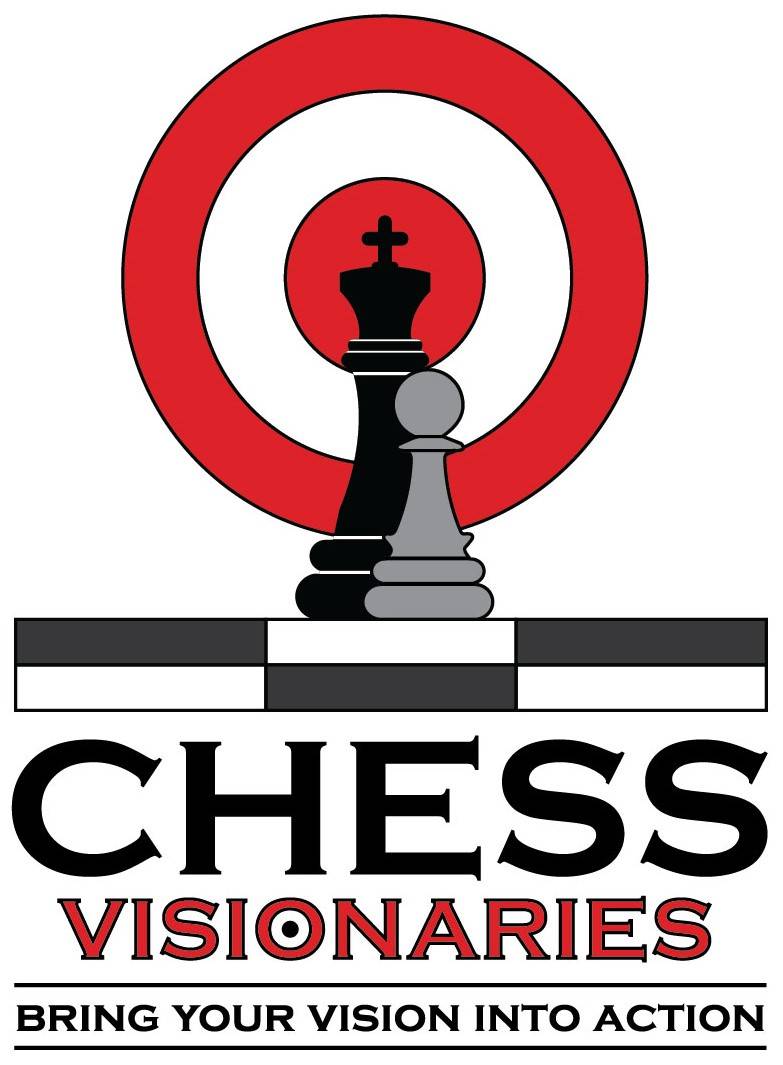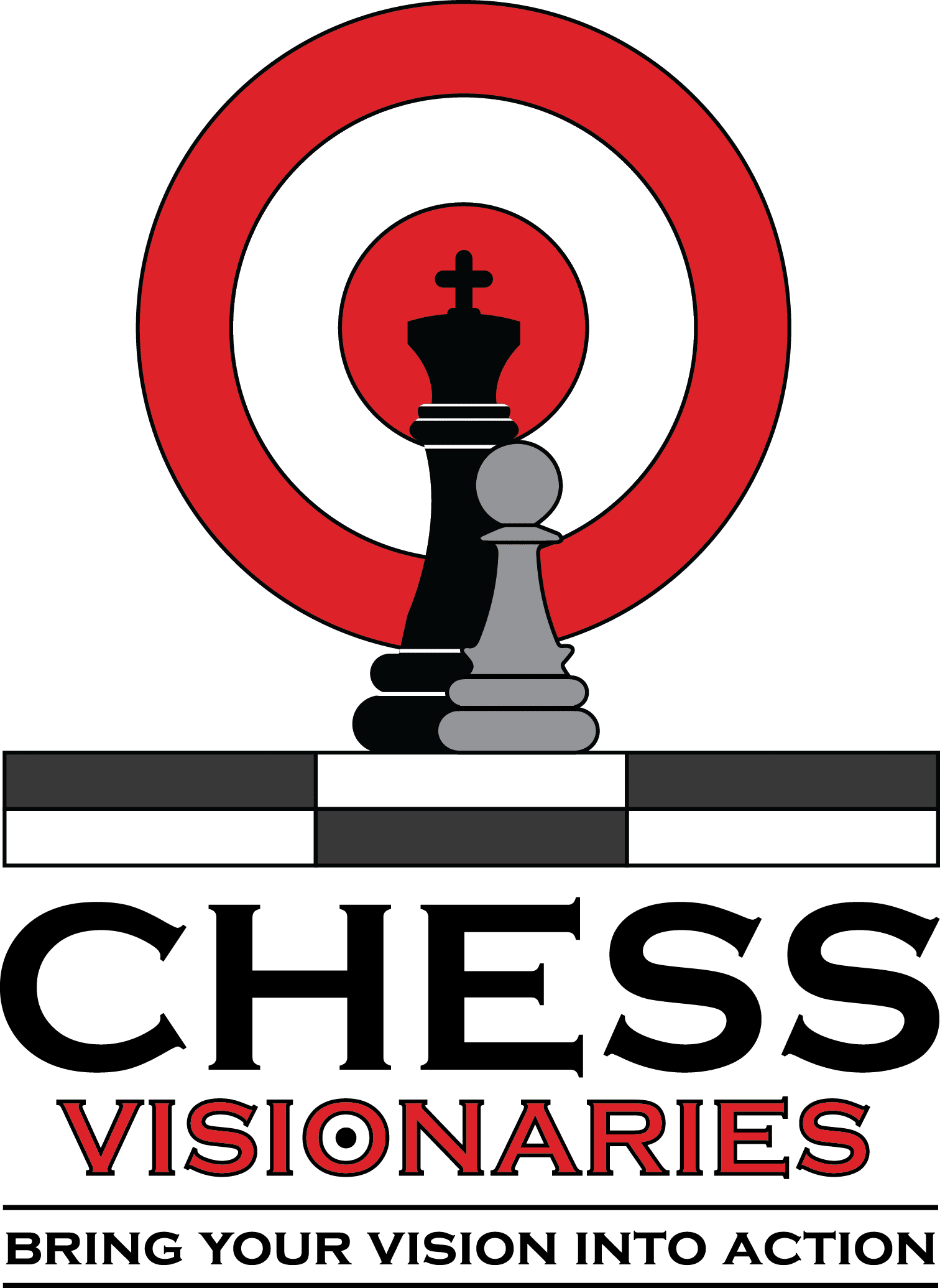BRING YOUR VISION INTO ACTION
Unlocking the Cognitive, Social, and Emotional Benefits of Chess for Young Minds.
Enhancing Problem-Solving Skills
Fostering Critical Thinking
Cultivating Concentration
Boosting Memory and Visualization
Nurturing Creativity
Chess is not just a game of rules and calculations; it’s an art that allows players to express their creativity. Through unique and innovative strategies, children explore their imaginative side, fostering a love for creative thinking. This creative expression lays a strong foundation for innovation and problem-solving in various aspects of life.
Promoting Sportsmanship and Resilience
Chess provides an excellent platform for children to learn the virtues of sportsmanship and resilience. Wins and losses are part of the game, and facing defeat gracefully while celebrating victories with humility teaches young learners valuable life lessons. They learn to persevere through challenges and develop emotional resilience, making them better equipped to navigate life’s ups and downs.
A Game of Intellectual Adventure
Chess is not merely a game; it’s an intellectual adventure that sparks creativity and critical thinking. Through intricate strategies and tactical moves, your child will discover a world of endless possibilities, nurturing their problem-solving skills and honing their decision-making prowess. Every move on the chessboard is a leap towards intellectual growth!
Conclusion
Enrolling your child in chess education at a young age is an investment in their overall growth and development. Beyond the game itself, chess instills critical life skills, such as problem-solving, concentration, and sportsmanship, that have far-reaching benefits. At Chess Visionaries Academy, we are committed to nurturing young minds, fostering a love for chess, and empowering children to become strategic thinkers and confident individuals in all aspects of their lives.

